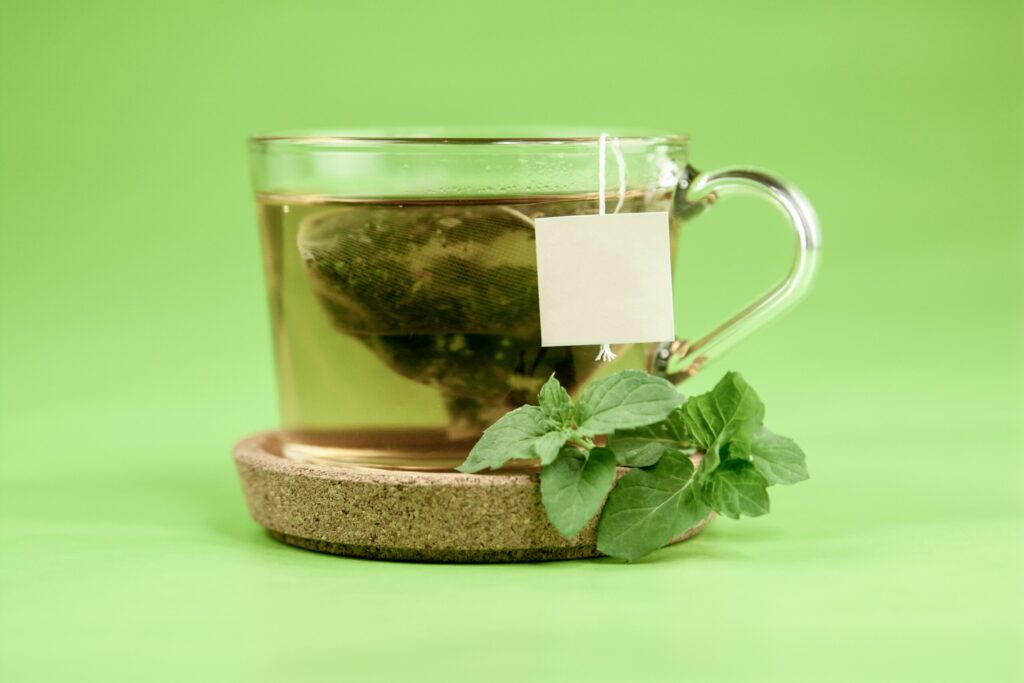As men age, many develop a condition known as Benign Prostatic Hyperplasia (BPH, also referred to as an enlarged prostate.) While the exact causes of this condition are unclear, focusing on your prostate health may help you avoid symptoms such as urgent urination and difficulties starting or stopping the flow of urine.
Some people think that drinking tea for prostate health can help prevent BPH. But what does the science say? Here’s what you need to know.

While several studies suggest that drinking green tea may protect you against prostate cancer, BPH is a non-cancerous condition. And, when this study examined the effects of green tea on PSA levels (Prostate-Specific antigens, which, when elevated, can indicate a BPH diagnosis), they learned that drinking this beverage did not affect levels in any noticeable way.
Moreover, if you already have BPH, drinking caffeinated beverages, including black and green tea, may worsen symptoms such as the urgent need to urinate. As such, turning to tea for prostate health is unlikely to prevent prostate enlargement, and may in fact worsen existing BPH symptoms. However, that doesn’t mean you can’t support prostate health through your diet. It just means you need to try these foods and beverages instead.
When you have an enlarged prostate, you should try to incorporate more vegetable and fruits into your diet. Look for high fiber staples such as oatmeal and brown rice, along with lean proteins like grilled chicken breasts or salmon.
Also, while tea for prostate health is not recommended, drinking more water can help improve your symptom burden. Or, if you need a little more excitement from your liquid diet, try drinking a fruit-based smoothie for breakfast or as a mid-morning snack.
Finally, what you don’t eat matters almost as much as what you add to your diet for an enlarged prostate. Steer clear of red meat, dairy products, spicy foods and foods that contain a high sodium content. And, when lifestyle measures such as diet don’t offer enough symptom relief, our experts at the Texas Prostate Institute may be able to help.
To review, drinking tea for your prostate won’t treat BPH symptoms; in fact, it may make them worse. So, if you’re suffering from persistent lower urinary tract symptoms (LUTS), we encourage you to explore PAE (prostatic artery embolization). This minimally-invasive, non-surgical procedure can relieve BPH symptoms without the risk of incontinence or erectile dysfunction. Plus, it allows you to avoid overnight hospitals stays and general anesthesia. Want to learn if you’re a candidate for PAE in Texas? Click here to request a consultation and learn more.

Scheduling
Please contact our dedicated specialists to schedule a consultation today.
2025 Texas Prostate Institute. All rights reserved. Website Design by Healthcare Success